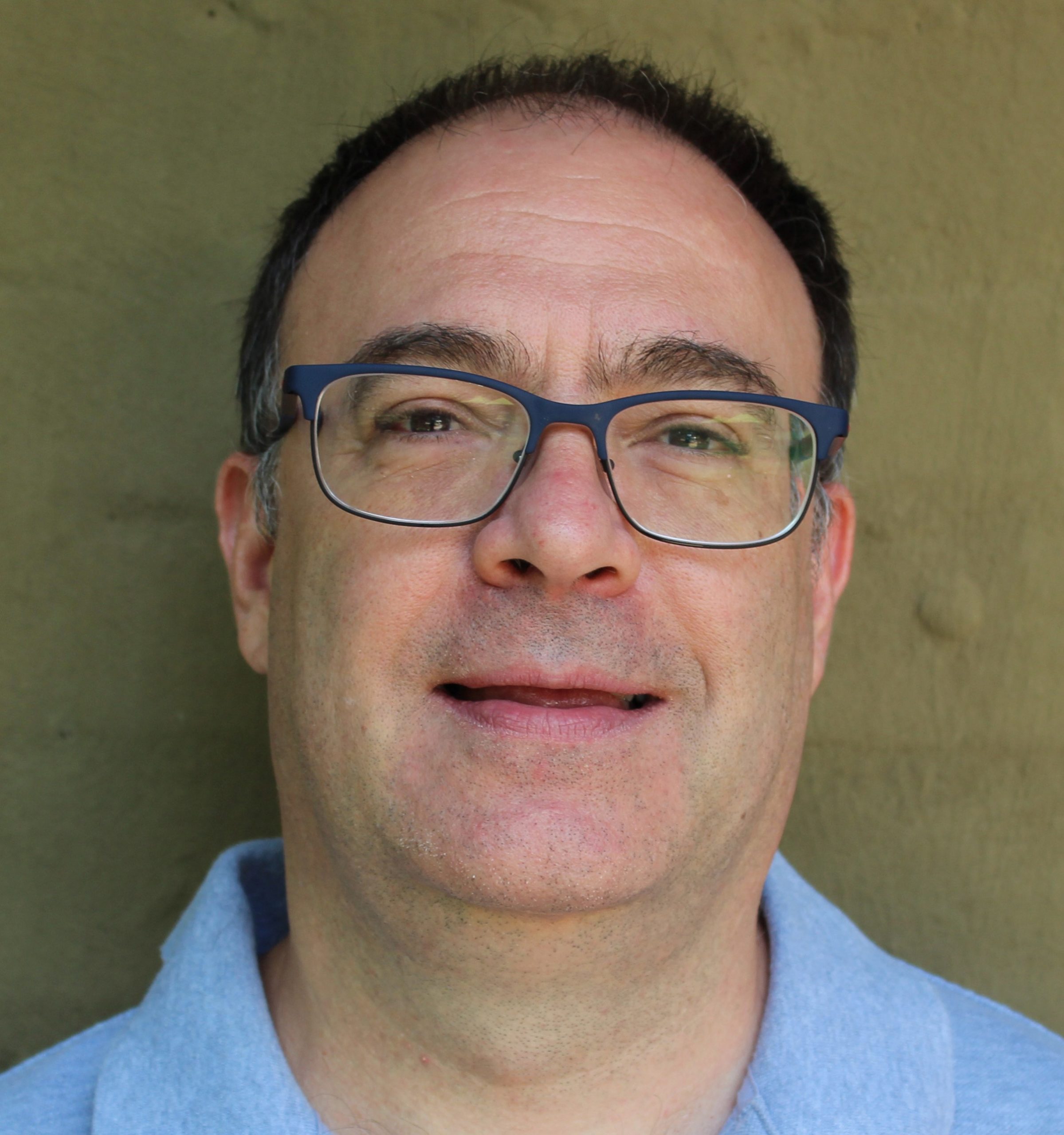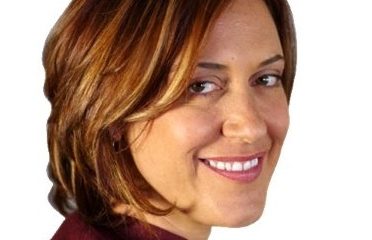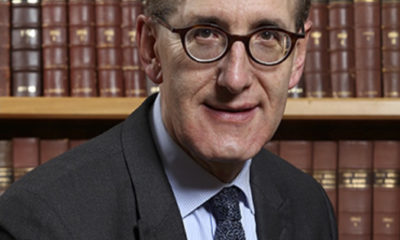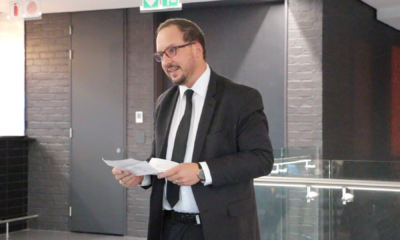
OpEds

Desert indaba cements Arab-Israeli relations
Published
2 years agoon
By
Steven GruzdTwo years ago, this would have been unimaginable. On 27 and 28 March, the foreign ministers of six states – Bahrain, Egypt, Israel, Morocco, the United Arab Emirates (UAE), and the United States (US) – met in Israel’s dusty Negev Desert.
The six ministers gathered at Sde Boker, the kibbutz where Israel’s first prime minister, David Ben-Gurion, is buried, so the meeting was full of Zionist symbolism (although only the Israelis and Americans visited his gravesite). This gathering was put together in record time on the initiative of Yair Lapid, Israel’s foreign minister. The meeting sent a strong signal to Iran and the world that the Middle East has changed irrevocably. Even a deadly ISIS (Islamic State)-inspired terror attack in Hadera – timed to coincide with the summit – didn’t detract from this historic encounter. All ministers present denounced the terror attack in Hadera. The Palestinians, however, feel increasingly marginalised and betrayed.
In one of the few policy initiatives to outlive the Trump administration, this high-level gathering was built on the Abraham Accords. Signed on the White House Lawn in September 2020, they normalised Israel’s relations with Bahrain and the UAE. Morocco and Sudan joined the accords thereafter.
The gathering occurred in the shadow of Russia’s brutal invasion of Ukraine, attacks on the UAE and Saudi Arabia by Tehran-backed Houthis, and the Biden administration’s attempts to revive the 2015 nuclear deal with Iran. These countries think the US is close to agreeing to what they see as a bad deal.
Six working groups were formed from the summit: security and counterterrorism; education; health; energy; tourism; and food and water. The countries said they would attempt to bring other states into the Abraham Accords. They discussed rising oil prices on the back of COVID-19, the war in Ukraine, and food security. They also talked about keeping Jerusalem calm with the upcoming and overlapping festivals of Ramadan, Pesach, and Easter.
Jordan, which has had a peace agreement with Israel since 1993, was noticeably absent. Some said it was because it was unable to send its foreign minister at short notice. Others said tensions have been brewing, with rumours of Israeli involvement in an attempted coup in Amman. It wouldn’t have been proper protocol for King Abdullah II to meet foreign ministers. And anyway, he was visiting Palestinian Authority President Mahmoud Abbas in Ramallah for the first time in four years – a diplomatic snub, no doubt.
According to a report on Al Jazeera’s website, Moroccan Foreign Minister Nasser Bourita said, “We are here today because we genuinely, sincerely, and deeply believe in peace. Not that kind of passive peace where we turn our backs to each other and peacefully ignore each other.”
According to the Times of Israel, at a joint press conference after the summit, Lapid said, “What we’re doing here is making history, building a new regional architecture based on progress, technology, religious tolerance, security, and intelligence co-operation. This new architecture, the shared capabilities we’re building, intimidates and deters our common enemies, first and foremost Iran and its proxies.”
“The meeting was significant because those attending agreed at short notice and willingly did so with full media coverage, not apprehensive of criticism, for example from Saudi Arabia,” Professor Glen Segell, at the Ezri Center for Iran and Gulf States Research at the University of Haifa told the SA Jewish Report.
“This meeting was historic,” said Professor Hussein Solomon, the head of the department of political studies and governance at the University of the Free State. “There was some feeling that the Abraham Accords were simply going to be symbolic, with an idealistic sounding name like that, but you saw economic co-operation and so on subsequently.”
“In terms of the Negev Summit, you’re talking about a defence alliance,” Solomon said. “You’re seeing the various Sunni powers coming together with Israel, saying maybe we need to co-operate on our own, even if there’s a nominal nod towards Washington.”
Paula Slier, a seasoned journalist on the Middle East, told the SA Jewish Report, “There’s increasing concern that the US is withdrawing from international politics and certainly withdrawing from the region, so this was an opportunity to get the US more engaged and give the foreign ministers the opportunity to express their concerns directly to the US.
“It also showed that Israel doesn’t need the US to bring it together with these kind of countries. Ironically, Israel can bring together the US and Arab countries.” She cited US friction with the UAE over oil production, one of the issues discussed, as an example of this.
“For the Palestinians,” Slier said, “and I think rightly so, the fact they weren’t invited would highlight the difference between rhetoric and reality, their point being that the issue of the Palestinians was brought up at the summit, but the occupation continues. I’ve covered this a lot. There’s a strong sense of betrayal, I think I’d even go so far as to say disgust, that these countries are normalising relations on the back of the Palestinians. So I think it’s significant that the four Arab foreign ministers didn’t visit the Palestinian areas, maybe out of a sense of shame or guilt.”
She said the Palestinians saw the focus on Iran as a way to “attract attention away from the occupation”, and “essentially remove the Palestinian issue from the international agenda”. The terror attack showed that “Israel’s acceptance by some Arab states has effectively done little to resolve its primary challenge … with the Palestinians. They are sending out a message of peace, but I wonder if it doesn’t inflame tension on the street? Having this summit just before Ramadan when there’s already a heightened tension in Israel vis-à-vis the Palestinians, maybe that’s a bit short-sighted.
“What does it mean for the region?” Slier asked, “The most important thing is that it will become an annual, permanent regional forum, rotating between the different countries, but I would be hugely concerned about the message it gives to the Palestinians. They are feeling increasingly left out and there’s concern that this may backfire.”
If anyone doubted that the Middle East has changed, the Negev Summit should put that to rest.










